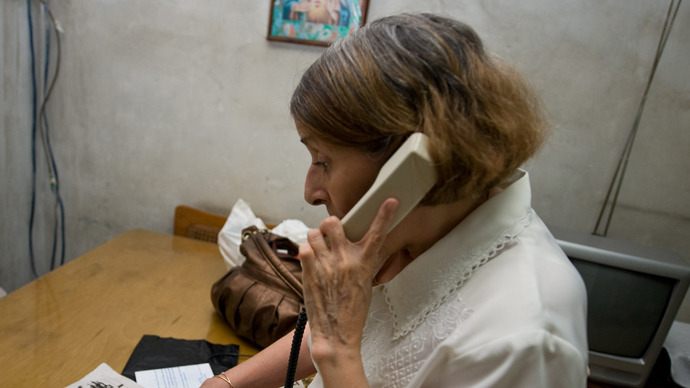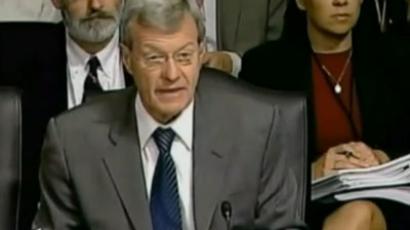Tennessee residents try their luck at 'healthcare lottery'

Desperate for healthcare? Try your luck with the state’s phone bank. At least, that’s the deal thousands of Tennesseans get if they want a shot at Medicaid. Twice a year, the phone lines open up to applicants - then shut down after a 2,500-call threshold.
The unusual system is open to those individuals who would not normally qualify for Medicaid’s low income requirements, but still face desperate financial conditions in the face of stacking medical bills. Applicants must either be elderly, blind or otherwise disabled, or the caretaker of a child who does qualify for Medicaid. Call volume is high, and even getting through is no guarantee of qualification - only a shot at applying.
The individuals who try their luck in this sort of “healthcare lottery” can come from a variety of backgrounds, but all are desperate for some form of healthcare coverage. Many callers are hoping to qualify for state programs such as a 'spend down,' which calculates an applicant’s qualifying income after subtracting medical costs from total earnings, The New York Times reports.
The 'spend down' program has enough funding for 3,500 people - a tiny sum in a state of 6.4 million - though only 1,000 are ever enrolled at one time due to the complexity of the program's screening process.
Over a million people are already covered under TennCare, as Medicaid is called in Tennessee, at a cost of $9 billion per year to the state and federal government; more than half are children. In 2005, the state was forced to cut 170,000 state residents from the program due to spiraling costs, and opponents of the new Affordable Care Act (ACA, commonly known as Obamacare) pushed through by the Obama administration believe the government cannot afford the expansion.
Tennessee, which is currently represented by Republican majority
in its state senate, is not the only state legislature resisting
the ACA. As of mid-March, at least 14 other governors, many of them
Republicans, had no plans to participate in Medicaid expansion,
with another three undecided but leaning towards not
participating.
On March 22 the phone bank opened at 6 p.m., though calls did not begin to get through until 6:38 p.m. due to a technical issue, and the maximum of 2,500 calls was reached by 7:23 p.m. One particular caller, Ida Gordon of Nashville, attempted calling in at least 50 times before getting through:
“In her small brick home on the city’s north side, Ms. Gordon
also heard the recording that enrollment was closed," The New York
Times reported on the event. "But she, too, persisted, never
looking up from the phone in her hand. Dusk fell and the room grew
dark; she was too focused to bother turning on a light.”














